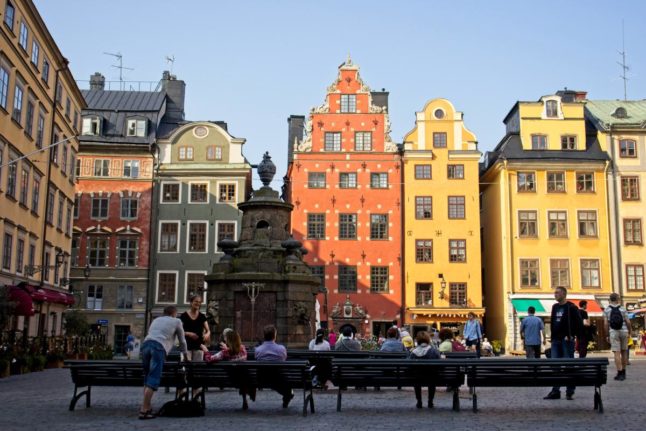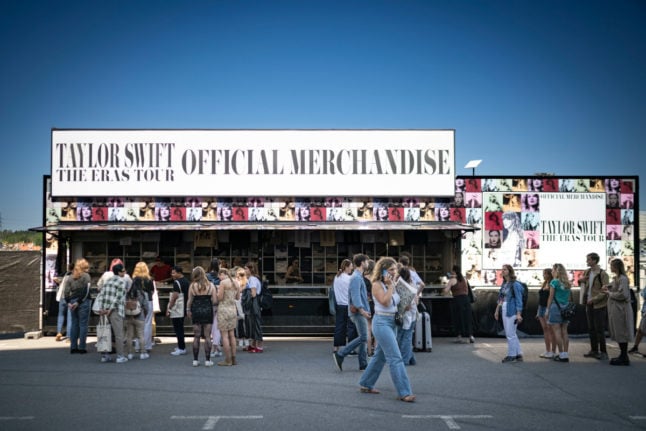Consumer prices in the Scandinavian country rose by 9.3 percent year-on-year in June, compared to 9.7 percent in May.
However, the median estimate for analysts was 9.0 percent, according to a Bloomberg survey.
“In June, we saw increased prices in a few summer related services. For instance, package holidays, international flights and car rentals rose in price,” Sofie Ohman, a statistician at Statistics Sweden, said in a statement.
Prices on international flights in particular rose by 31.4 percent compared to June 2022, the agency said.
Like its peers in the United States and Europe, Sweden’s central bank has repeatedly hiked its guiding rate in an effort to bring down in inflation.
In late June, the Riksbank announced it was raising its key rate by 0.25 percentage point to 3.75 percent – its sixth hike in a row – and warned another hike was likely.
Swedish inflation peaked in December at 12.3 percent – a more than 30-year high – then slowed slightly in January to 11.7 percent, but unexpectedly spiked back to 12 percent in February.
Sweden’s krona has also depreciated greatly against other main currencies over the past year, hitting historic lows against the euro.
Adjusted for fixed interest rates (CPIF) – the figure used by the Riksbank to guide monetary policy – inflation was 6.4 percent in June, compared to 6.7 percent in May.
The Riksbank has a set target to keep inflation under two percent.
For 2023 as a whole, the central bank expects the Swedish economy to contract 0.5 percent, and has forecast unadjusted inflation of 8.9 percent.



 Please whitelist us to continue reading.
Please whitelist us to continue reading.
Member comments